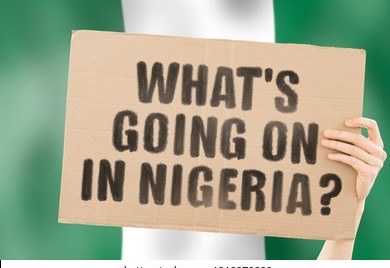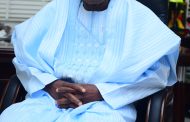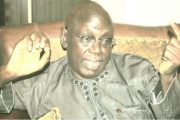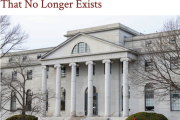“Democracy, the world over, faces intractable challenges that threaten the fundamental freedoms and the promise of development that were once considered the key signposts of democracy. In Africa, democracy has witnessed rapid rollback in many countries, including Mali, Guinea, and Sudan where military coups have led to suspension of constitutional democracy. In Uganda, Burkina Faso, Cameroun, and Equatorial Guinea, elected Presidents have used instrumentalities of the state to circumvent constitutional guardrails and perpetuate themselves in office. All this while corruption, lack of accountability, authoritarianism, and poor governance continued to lock the continent in violent conflicts, death, disease, and insecurity that threaten a return of the 1970s and 1980s Africa. Across Africa, the civic space and vocal civic leaders have become targets of state-sponsored attacks, to gag free speech and curtail civic activism.
In Nigeria, the story is not different. President Muhammadu Buhari’s failure to quickly tackle the legacies of misgovernance inherited after coming to office in 2015 and missteps by the administration has sunk the country deeper into widespread insecurity, unemployment, poverty and inequality, voter apathy, corruption and impunity, extra-judicial killings and high-handedness among law enforcement and security agencies, and a widening distrust for government among citizens. The world still remembers the unprovoked mauling of young Nigerians during the #EndSARS protest, in Lagos”
The Civil Society Legislative Advocacy Centre, (CISLAC) in a press statement marking the Anti-Corruption Day and US sponsored ‘Democracy Summit’




























